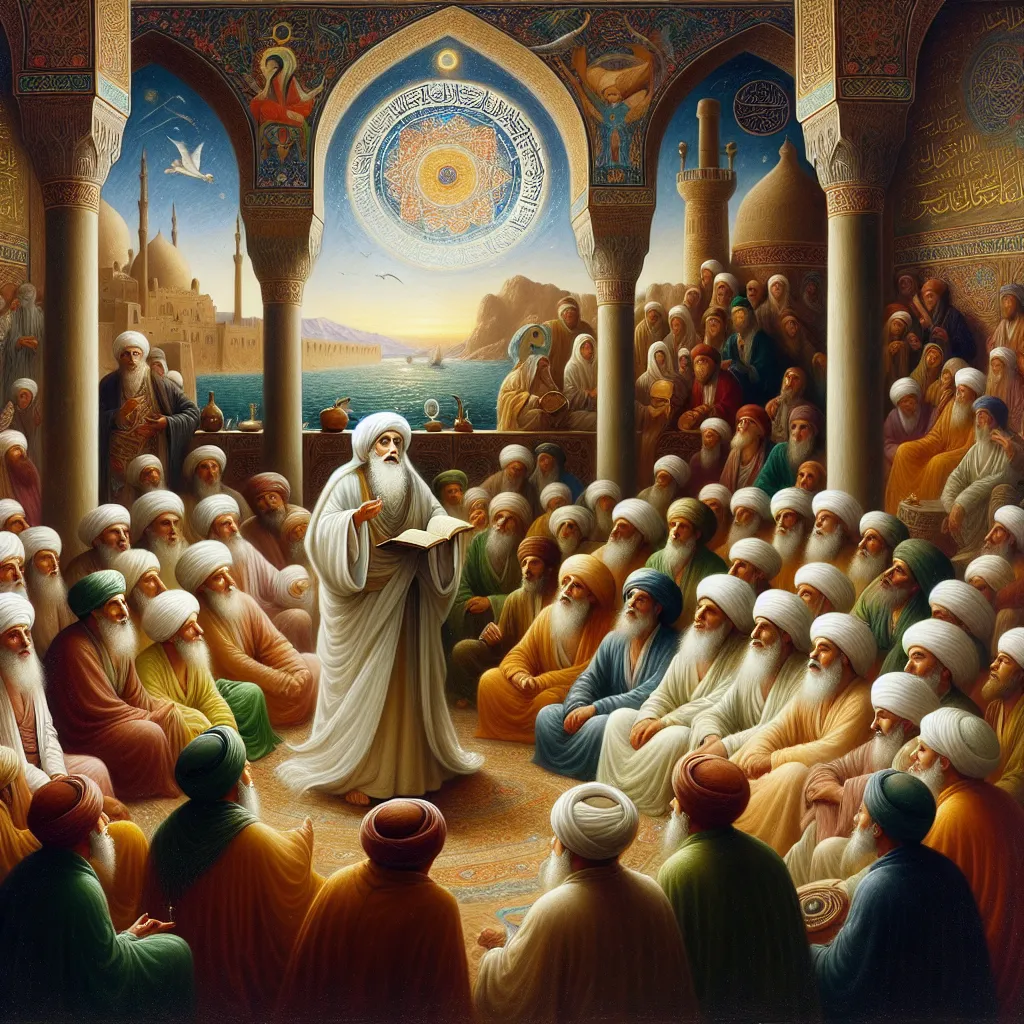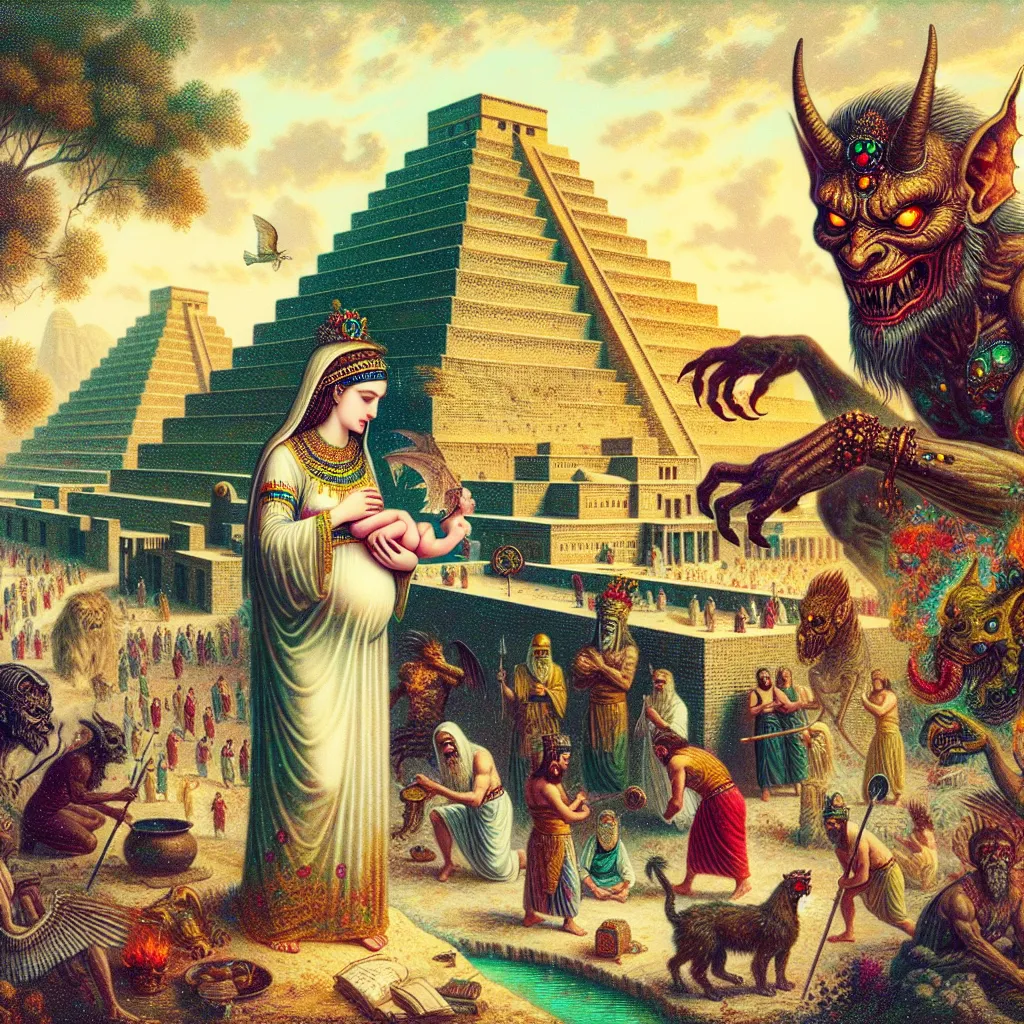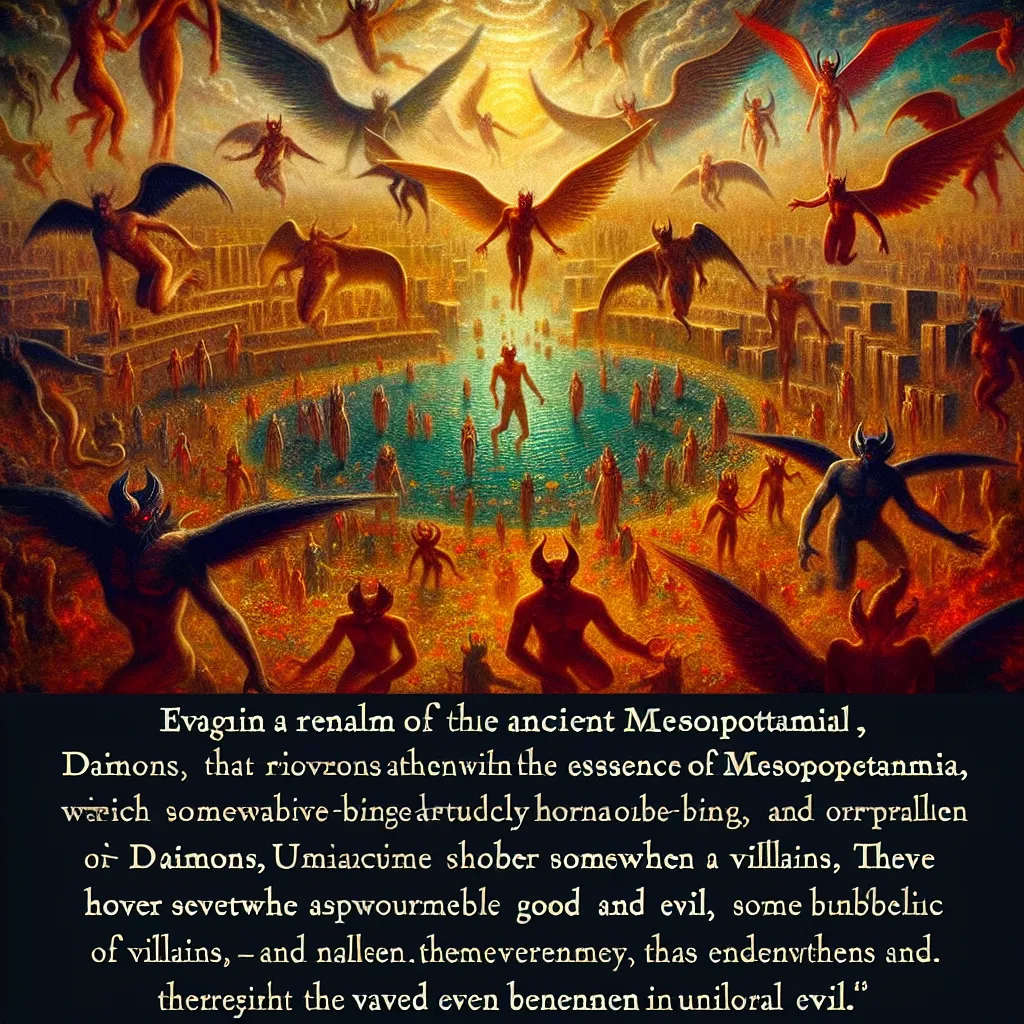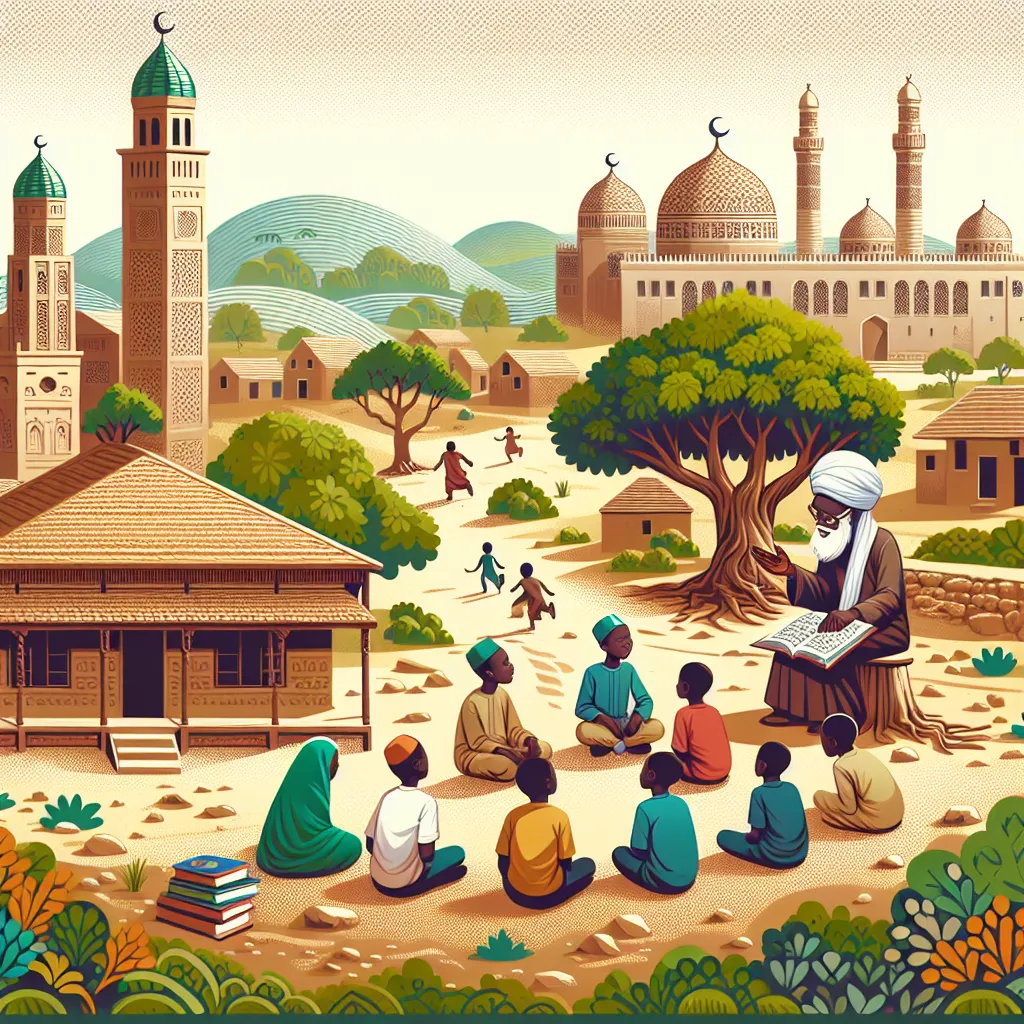Sufism, or tasawof as it’s known in Arabic, is a diverse and rich spiritual tradition. At its core, Sufism remains true to its roots, but its expressions vary greatly across different cultures, particularly in poetry and music. This blend of local color and mystical insight has produced some exceptional works of literature and art.
One of the most influential figures in Sufi poetry is the Egyptian mystic, Umar Ibn al-Farid. Born in Cairo in 1181, Ibn al-Farid grew up in an environment that fostered his spiritual and literary talents. His father, a legal advocate, ensured that young Umar received a solid education, including studies in Islamic law and Hadith (traditions of the Prophet Muhammad). From an early age, Ibn al-Farid was drawn to the spiritual practice of Sufism.
Although his life’s details are sparse, it’s clear that he was deeply revered in his time, primarily for his poetry. He was known as the “Sultan of Lovers” for his profound expressions of mystical love and union with the Divine. His poetry was revolutionary and remains influential, especially in Egypt, where it is often recited in Sufi gatherings.
Ibn al-Farid’s poetry revolves around themes of divine love and unity. His compositions reflect his deep mystical experiences and his journey towards spiritual enlightenment. One of his most renowned poems, “The Wine Ode,” uses the imagery of wine to symbolize the intoxicating love of God, which leads to the annihilation of the self in a state of divine union. This metaphor captures the essence of Sufism: a path of love and devotion aimed at dissolving the ego to achieve oneness with God.
The pinnacle of his work is the “The Great Ta’iyya,” a long mystical poem of 761 verses. It portrays the stages of the Sufi path, from the initial longing for God to the ultimate realization of divine unity. This poem has been extensively studied and remains a cornerstone of Sufi literature.
Ibn al-Farid’s influence extends beyond his poetry. He contributed significantly to the Sufi practice of Sama, a spiritual concert that combines music and recitation, often leading participants into states of ecstatic trance. Stories abound of how he would enter these trances, spontaneously composing his profound verses.
Despite his deep involvement in mysticism, Ibn al-Farid adhered strictly to Islamic law and practices, underscoring the compatibility of Sufism with orthodox Islam. His life and works exemplify the Sufi ideal of balancing spiritual ecstasy with religious observance.
Ibn al-Farid passed away in 1235, but his legacy lives on. His poetry continues to be recited and sung, preserving his profound insights and inspiring new generations. His shrine in Cairo is still a pilgrimage site for those who seek to connect with his spiritual heritage.
In summary, Ibn al-Farid’s work stands as a testament to the beauty and depth of Sufi thought. His poetry not only reflects his personal spiritual journey but also serves as a guide for others seeking to experience the divine. His legacy as the “Sultan of Lovers” endures, continuing to enchant and inspire those drawn to the mystical path of Sufism.






